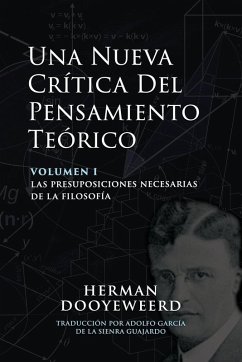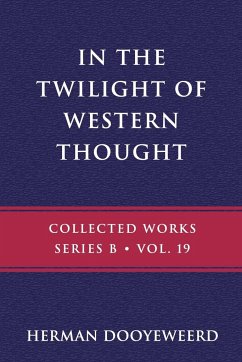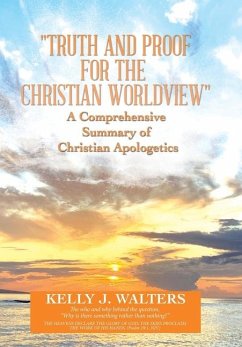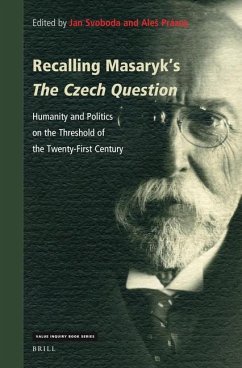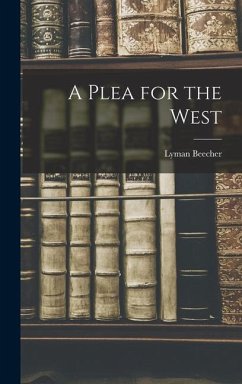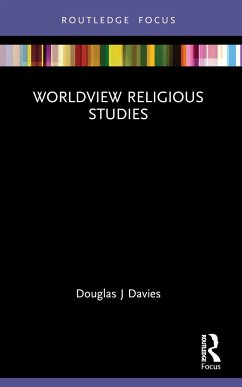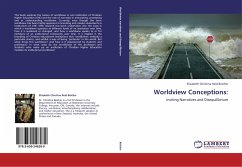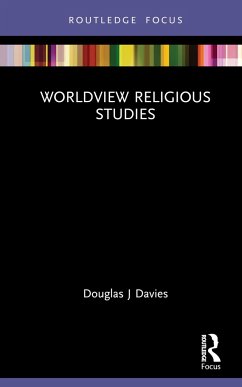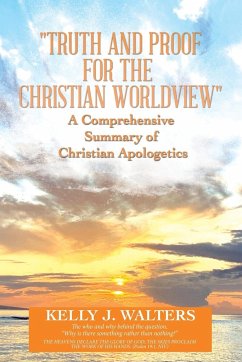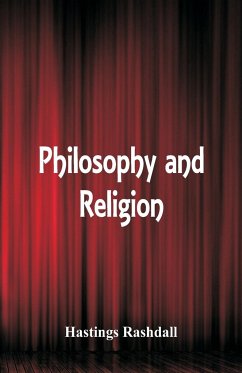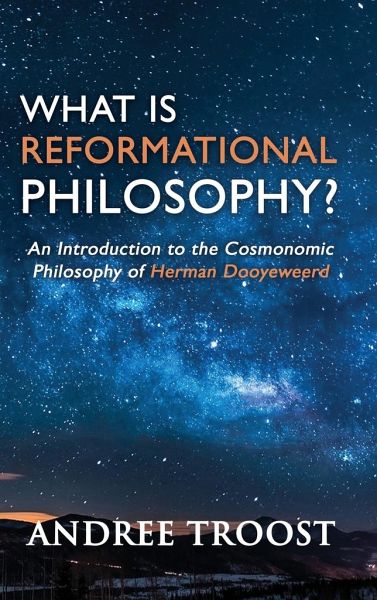
What is Reformational Philosophy?
An Introduction to the Cosmonomic Philosophy of Herman Dooyeweerd
Versandkostenfrei!
Versandfertig in über 4 Wochen
26,99 €
inkl. MwSt.
Weitere Ausgaben:

PAYBACK Punkte
13 °P sammeln!
Is a systematically coherent Christian philosophy possible? And if so, what are its essential elements? In this exceptional new work, Andree Troost, a close colleague of Professor Herman Dooyeweerd, lays out these elements in a way that attends to both the biblical grounds from which this philosophy is evoked, as well as each of the systematic conceptual elements that make up this new Cosmonomic philosophy. What is unique about this work is the clarity, simplicity, and unmatched biblical insight that has been born from a lifetime of study and reflection. If the Christian thinker can only affor...
Is a systematically coherent Christian philosophy possible? And if so, what are its essential elements? In this exceptional new work, Andree Troost, a close colleague of Professor Herman Dooyeweerd, lays out these elements in a way that attends to both the biblical grounds from which this philosophy is evoked, as well as each of the systematic conceptual elements that make up this new Cosmonomic philosophy. What is unique about this work is the clarity, simplicity, and unmatched biblical insight that has been born from a lifetime of study and reflection. If the Christian thinker can only afford to read one volume on Christian philosophy, this is pre-eminently the book to read. Its broad range, covering most questions typically raised about a specificaly Christian approach to systematic philosophy, and its authoritative presentation will make this volume the standard introduction to Reformational Philosophy for many years to come.





